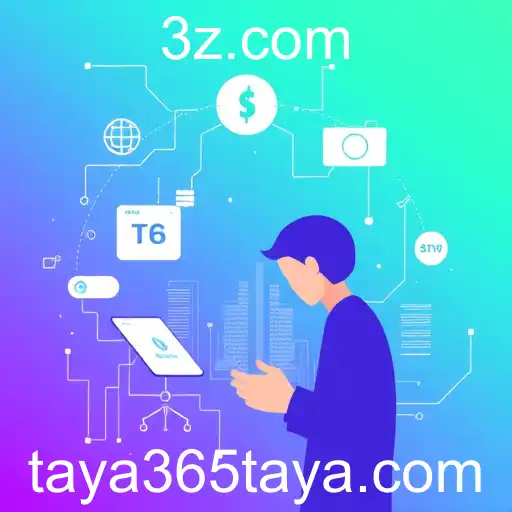
Exploring how terms like 'taya365' shape online discourse and the impact of digital language evolution on global communication.
In today's fast-paced digital world, communication has transcended traditional means, permeating through advanced technological platforms to connect individuals globally. The term 'taya365' exemplifies the growing pool of jargon that characterizes online discourse, serving as both an identifier and a gateway to vibrant digital communities. While 'taya365' operates as a keyword on an English website, its significance extends beyond mere digital tagging, highlighting broader trends in how language evolves in tandem with technology.
As the internet continues to integrate into our daily lives, the emergence of specialized vocabulary surrounding digital spaces signals a shift in how individuals structure and consume information. Jargon like 'taya365' serves not only as a linguistic marker but also as a cultural reference point, offering insights into the technological zeitgeist of the times. This phenomenon underscores a larger narrative on the democratization of information and the powerful role digital platforms play in shaping contemporary communication.
The impact of these developments is far-reaching. In educational environments, for instance, understanding digital lingo becomes an essential skill, helping educators bridge generational gaps with tech-savvy students. Beyond academia, businesses leverage these new vernaculars to enhance marketing strategies, improve customer engagement, and foster community growth within virtual spaces. Indeed, embracing these linguistic trends can open pathways to innovation and inclusivity, reflecting the adaptability required in today's dynamic global landscape.
Furthermore, as digital identities solidify within the virtual world, so too does the language that defines it. This evolution of language acts as both a mirror and a mold, allowing individuals to reflect on their digital presence while simultaneously crafting new modes of expression. The challenge lies in balancing the preservation of linguistic integrity with the integration of rapidly evolving digital dialects.
As we look towards the future, questions arise on how these dynamics will continue to influence communication practices worldwide. Will the reliance on digital jargon make traditional language skills obsolete, or will it lead to the emergence of a new linguistic hybrid? Ultimately, by examining the case of 'taya365' and similar keywords, we gain valuable perspective on the ongoing dialogue between language, technology, and the global community.




